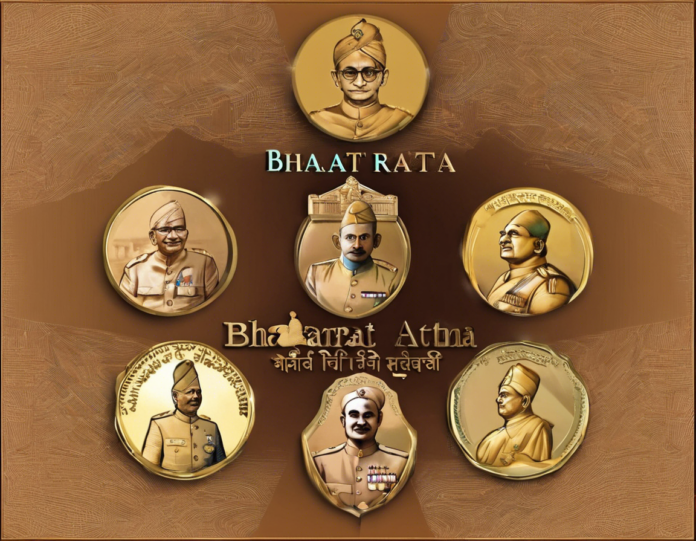The Bharat Ratna is the highest civilian award bestowed upon individuals in India. Established in 1954, it is awarded in recognition of exceptional service or performance of the highest order in any field of human endeavor. Over the years, the Bharat Ratna has been awarded to a diverse range of recipients, including politicians, scientists, artists, and social activists, for their outstanding contributions to the nation.
History of the Bharat Ratna Award
The Bharat Ratna was originally limited to achievements in the fields of arts, literature, science, and public services. However, in 2011, the criteria were revised to include any field of human endeavor. The first recipients of the Bharat Ratna were the former President of India, Rajendra Prasad, the philosopher Sarvepalli Radhakrishnan, and the legendary Indian statesman C. Rajagopalachari.
Notable Recipients of the Bharat Ratna
Scientists and Mathematicians
- C. V. Raman: Awarded in 1954 for his work in physics, specifically the discovery of the Raman Effect.
- A. P. J. Abdul Kalam: Conferred in 1997 for his contributions to the field of aeronautics and as the “Missile Man” of India.
Social Activists and Leaders
- Nelson Mandela: The South African anti-apartheid revolutionary and politician was awarded the Bharat Ratna in 1990 for his role in ending apartheid.
- Mother Teresa: The Albanian-Indian nun received the award in 1980 for her humanitarian work with the poorest of the poor in Kolkata.
Artists and Musicians
- M. S. Subbulakshmi: The renowned Carnatic vocalist and the first musician to receive the award in 1998 for her contributions to Indian classical music.
- Lata Mangeshkar: Bestowed in 2001, the Nightingale of India is a legendary playback singer in the Indian film industry.
Recent Bharat Ratna Awardees
In recent years, the Bharat Ratna has been awarded to individuals for their exceptional contributions in various fields:
– Pranab Mukherjee: The former President of India and a veteran politician was awarded the Bharat Ratna posthumously in 2019.
– Nanaji Deshmukh: A social activist and a leader in the cooperative movement, he was also awarded posthumously in 2019.
– Bhupen Hazarika: The legendary musician and composer from Assam received the award posthumously in 2019.
Controversies Surrounding the Bharat Ratna
There have been instances where the awarding of the Bharat Ratna has sparked controversies and debates. Some feel that the selection process is biased towards particular fields or regions, while others believe that certain deserving individuals have been overlooked.
Frequently Asked Questions (FAQs)
1. Who can recommend someone for the Bharat Ratna award?
The recommendations for the Bharat Ratna are made by the Prime Minister to the President of India. However, anyone can nominate an individual for the award.
2. Can the Bharat Ratna be awarded posthumously?
Yes, the Bharat Ratna can be awarded posthumously, as seen in the cases of Mahatma Gandhi, Lal Bahadur Shastri, and others.
3. Is there a monetary prize associated with the Bharat Ratna award?
No, the Bharat Ratna award does not carry any monetary grant. It is purely an honorary award.
4. How many times can a person receive the Bharat Ratna?
There is no limit to the number of times a person can be awarded the Bharat Ratna.
5. Are foreigners eligible for the Bharat Ratna?
Yes, foreigners who have made exceptional contributions to India are eligible to receive the Bharat Ratna.
In conclusion, the Bharat Ratna is a prestigious award that recognizes individuals who have made exceptional contributions to society. It serves as a symbol of India’s gratitude and appreciation for those who have enriched the nation in various fields of human endeavor.


